Health and Safety Legislation
and Regulations
Health and Safety legislation underpins every aspect of safe working in engineering environments — from lifting gear and pressure systems to plant machinery and ventilation.
Health and Safety legislation underpins every aspect of safe working in engineering environments — from lifting gear and pressure systems to plant machinery and ventilation.
At Plant & Safety, we understand that the legal framework—featuring statutes like PUWER 1998, LOLER 1998, PSSR 2000, and COSHH 2002—can often feel complex and technical. That’s why we’ve distilled the critical requirements so you can stay compliant and keep equipment and personnel safe.
Plant & Safety is committed to helping clients navigate these regulations through expert testing, inspection, and certification services tailored to meet statutory obligations. Explore our HSE compliance services to strengthen your legal standing and create a healthier workplace.
The Health and Safety at Work etc Act 1974 (also referred to as HSWA, the HSW Act, the 1974 Act or HASAWA) is the primary piece of legislation covering occupational health and safety in Great Britain.
The Health and Safety Executive, with local authorities (and other enforcing authorities) is responsible for enforcing the Act and a number of other Acts and Statutory Instruments relevant to the working environment.

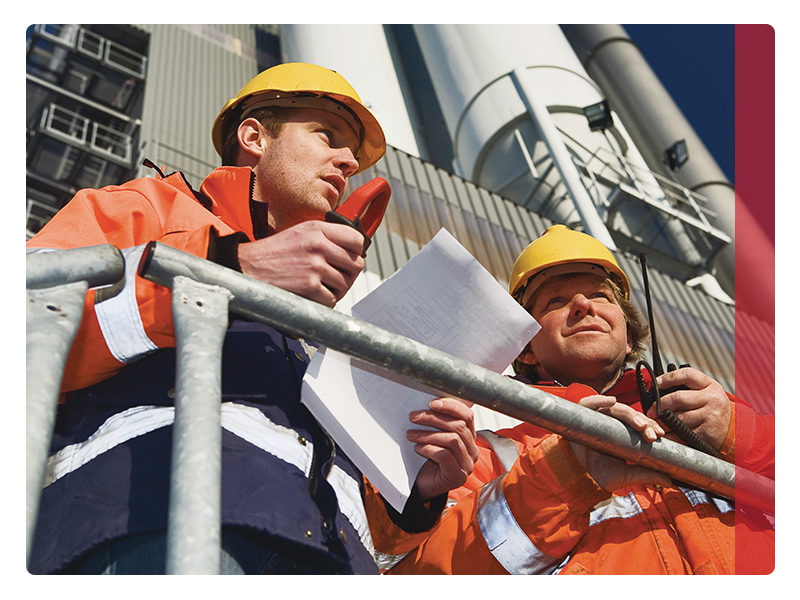
The Management of Health and Safety at Work Regulations 1999 (the Management Regulations) generally make more explicit what employers are required to do to manage health and safety under the Health and Safety at Work Act. Like the Act, they apply to every work activity.
The main requirement on employers is to carry out a risk assessment. Employers with five or more employees need to record the significant findings of the risk assessment.
These Regulations, often abbreviated to LOLER, place duties on people and companies who own, operate, or have control over Lifting Equipment. This includes all businesses and organisations whose employees use lifting equipment (whether owned by them or not).
All Lifting Operations involving lifting equipment must be properly planned by a competent person, appropriately supervised and carried out in a safe manner. LOLER also requires that all equipment used for lifting is fit for purpose, appropriate for the test, suitably marked, and receives a statutory periodic ‘Thorough Examination’.

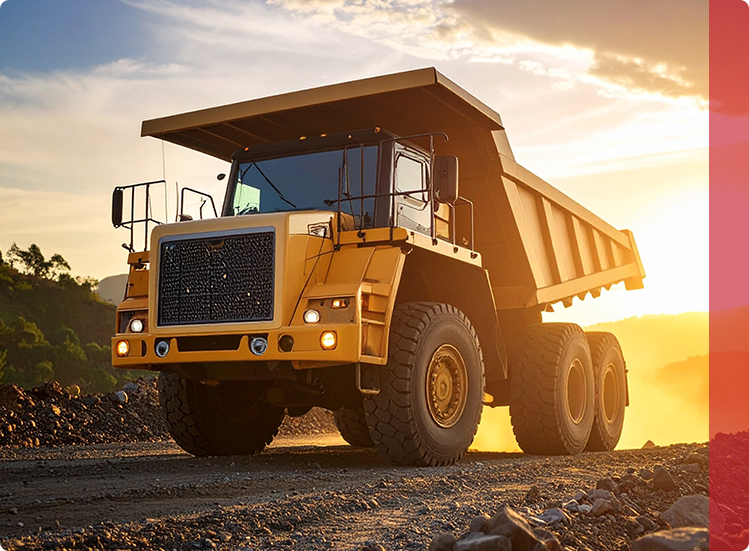
These Regulations, often abbreviated to PUWER, place duties on people and companies who own, operate or have control over work equipment (whether owned by them or not).
PUWER requires that equipment provided for use at work is suitable for the intended use, maintained and inspected, installed correctly, and used only by people who have received adequate information, instruction, and training. PUWER also requires that work equipment is accompanied by suitable Health and Safeyt measures, such as protective devices, controls, emergency stop/ warning devices, and clearly visible markings.
The Pressure Systems Safety Regulations 2000 (PSSR) cover the safe design and use of pressure systems. The aim of PSSR is to prevent serious injury from the hazard of stored energy (pressure) as a result of the failure of a pressure system or one of its component parts.
It is for users, owners, competent persons, designers, manufacturers, importers, suppliers and installers of pressure systems used at work.
PSSR requires that all Pressure Systems have a suitable Written Scheme of Examination in place before the system can be safely operated. The system must also be examined in accordance with the Written Scheme of Examination.
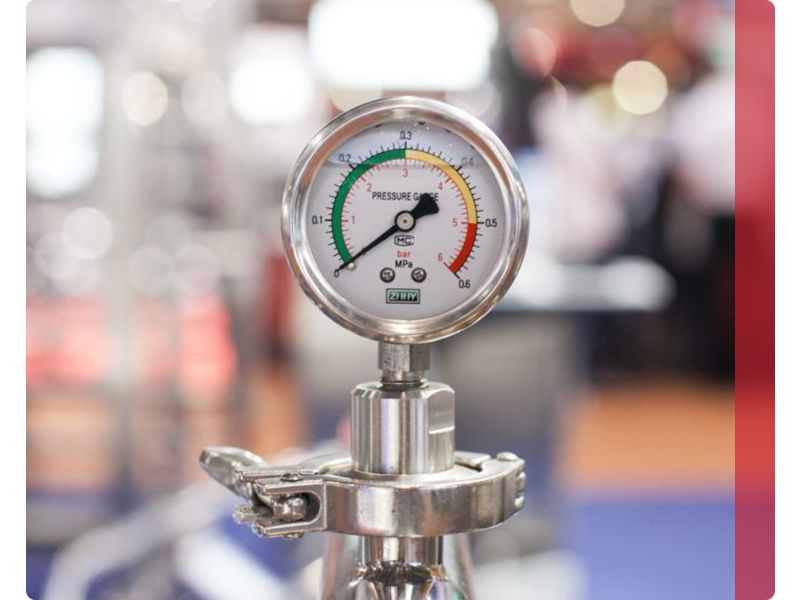

COSHH is the law that requires employers to control substances that are hazardous to health. Most businesses use substances, or products that are mixtures of substances. Some processes create substances. These could cause harm to employees, contractors and other people.You can prevent or reduce worker’s exposure to hazardous substances by deciding how to prevent harm to health and providing control measures to reduce harm to health.
Local Exhaust Ventilation Systems (LEV’s) act as a control measure to reduce or eliminate exposure to workers. Under COSHH, extraction systems must be suitable, maintained, and subject to a statutory periodic Thorough Examination.
These Regulations apply to all new machinery placed on the UK market or put into service in the UK, and is applicable both complete and partly competed machinery. The primary requirement is that manufacturers make machinery safe for us.
“Machinery” is broadly defined and includes; Any machinery that is powered other than by manual effort, Safety components such as guards that may be sold separately, Components that only work when attached to a machine, Lifting equipment and accessories, and Chains, ropes and webbing.
Manufacturers must ensure that Machinery is thorough tested and meets all relevant legislation, a technical file is prepared for the machinery, machinery is issued with a Declaration of Conformity, and there is a CE marking affixed to the machinery showing relevant legal requirements have been met.
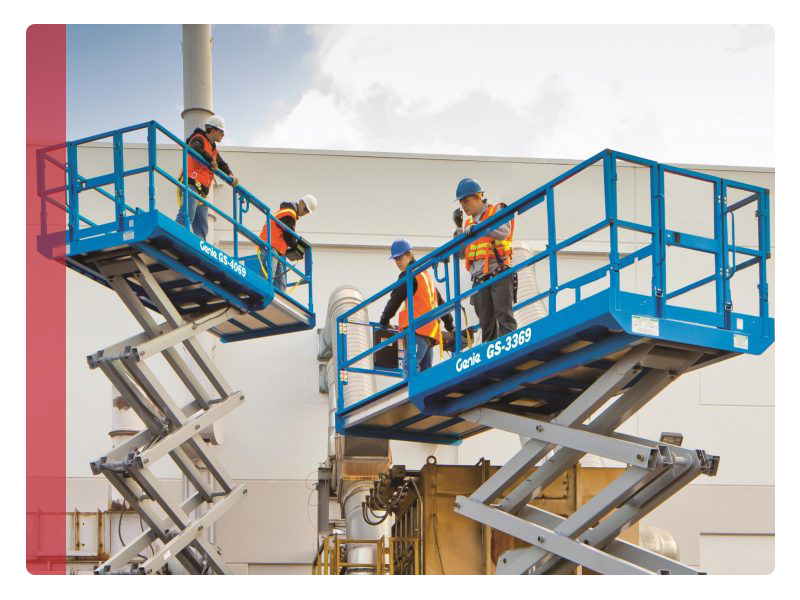

These Regulations apply to all electrical systems and equipment (as defined) whenever manufactured, purchased, installed or taken into use if its manufacture or installation pre-dates these Regulations. The regulation places duties on employers, employees and the self-employed to prevent danger.
Duty holders must; have the electrical systems constructed in a way that prevents danger, maintain the electrical systems as necessary to prevent danger (including a 5 year fixed installation inspection), and carry out any work on the electrical system in such a way that prevents danger.
Employees should only work on or with electrical equipment if they have suitable training, knowledge, experience, and supervision.
*We may contact you occasionally with exclusive offers, promotional discounts, and company updates that may be of interest to you. By ticking the box above, you consent to Plant and Safety LTD storing and processing your personal data. To learn more about how to unsubscribe and how we protect and respect your privacy, please see our updated Privacy Notice.






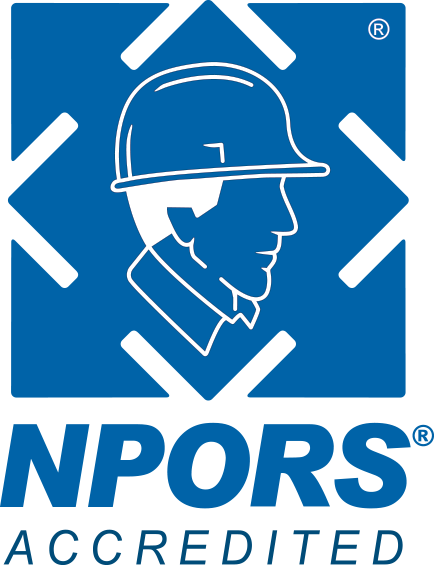








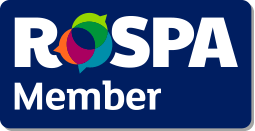




How can we help?
To learn more or if you have any questions, please feel free to call or email us. You can also request a call back using our online form.
T: 0330 113 7920
E: sales@plantandsafety.co.uk
Useful Links